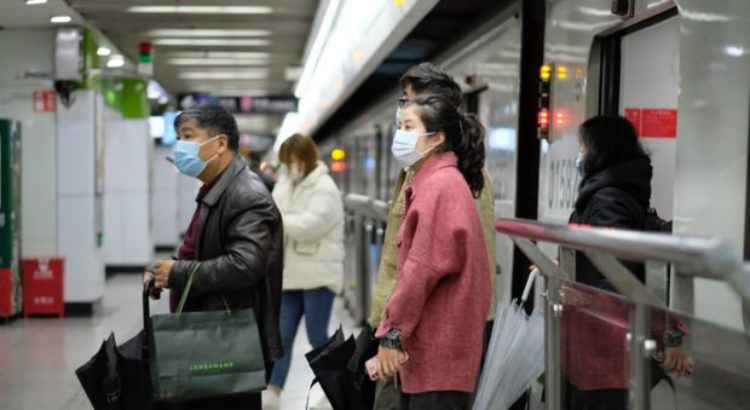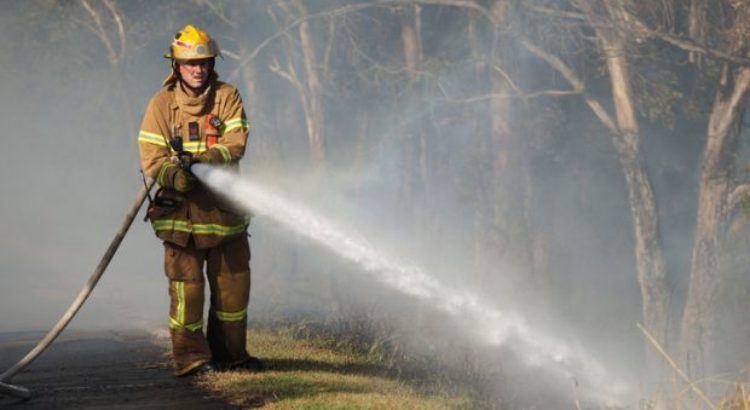By: Sally Weale.
UK universities with links to China have issued warnings to staff and students travelling to and from areas affected by the coronavirus, urging anyone with symptoms to seek medical advice.
With concern growing about the spread of the virus, universities in the UK are keeping a check on staff who have recently returned from Wuhan, the city at the centre of the outbreak, as well as Chinese students who come from affected areas, many of whom will be concerned about loved ones at home.
China has become an increasingly important partner in UK higher education in recent years, with 120,000 Chinese students enrolled in UK universities last year and numerous partnerships and collaborations between universities in the UK and China.
Nine UK institutions have partnerships with Wuhan University in Hubei Province in central China, among them Dundee University which runs an architecture course in collaboration with Wuhan.
In an email to students, the university urged anyone who had travelled to affected areas and was suffering symptoms to contact their GP by phone, avoid crowded places and alert the people they live with.
Dr Jim McGeorge, university secretary and chief operating officer at Dundee, also warned students to take care if receiving packages from areas where the virus is present, especially if a package contains food items. Experts believe the virus has come from animals, possibly seafood.
In the case of the Dundee-Wuhan university partnership, Chinese students complete their first four years of study in Wuhan, and come to Dundee for their fifth and final year, often choosing to remain in the Scottish city to complete their master’s degree.
A statement from the university said: “There are currently 34 students from the programme in Dundee, having arrived in September 2019. There have been no health concerns raised among that group but we will continue to monitor the situation closely.”
The Chinese architecture students are among 900 students from China currently on the Dundee campus, of which 104 matriculated in January with a further 48 due to arrive later this month or next. The university confirmed that five members of staff returned from a visit to Wuhan last week, but there were no current health concerns.
The University of Glasgow, meanwhile, has a partnership with the Zhongnan University of Economics and Law in Wuhan. A total of 23 Chinese students are in the final two years of their degree in the school of mathematics and statistics. “We can confirm that all our Chinese students on this programme are currently studying at the university and in good health,” a spokesperson said.
Aberdeen also has a partnership with Wuhan University. “The university is aware of five members of staff who have visited Wuhan during the outbreak, four of whom returned to the university three or more weeks ago,” a spokesperson said. “The remaining member of staff has a non-teaching role and is working from home as a precautionary measure.”
Newcastle University hosts around 300 students who have links with Hubei province. “We are writing to them all to remind them to follow the health protection advice and to offer support to any student concerned about themselves or loved ones,” a spokesperson said. The university has also arranged a special health advice event for students arriving from China in the last month, to ensure they register with a doctor.
“In line with Foreign and Commonwealth Office advice, the university is advising that staff and students don’t travel to this area,” a spokesperson said.
Since the cap was lifted on the number of students able to study at UK universities in 2015, the sector has worked hard to increase recruitment from China. According to the most recent data, published by the Higher Education Statistics Agency, the number of Chinese students studying in UK higher education institutions exceeded 120,000 for the first time last year, a 13% increase on the previous year and up from fewer than 90,000 in 2014/15.
Liverpool University has one of the biggest Chinese student populations. It too has issued guidance to any student currently in or planning to travel to China in the immediate future. A statement on the university website said: “We would advise our students to avoid travelling to Wuhan if possible and follow basic hygiene rules including regular hand washing; maintain good personal hygiene; avoid visiting animal and bird markets, avoid people who are ill with respiratory symptoms [and] seek medical attention if you develop respiratory symptoms within 14 days of visiting Wuhan, either in China, or on return to the UK.”
Birmingham University also confirmed that students from a range of partner universities in Wuhan City are currently studying in the city. A spokesperson said those students would have travelled to the university months ago and the risk of infection was low.
Source of the article: https://www.theguardian.com/education/2020/jan/23/uk-universities-issue-health-warnings-over-travel-to-china-coronavirus
















 Users Today : 185
Users Today : 185 Total Users : 35459780
Total Users : 35459780 Views Today : 345
Views Today : 345 Total views : 3418317
Total views : 3418317